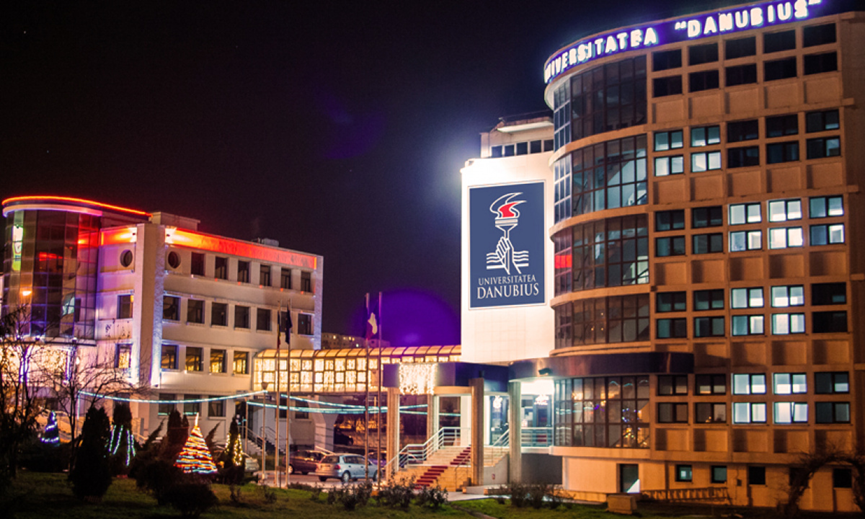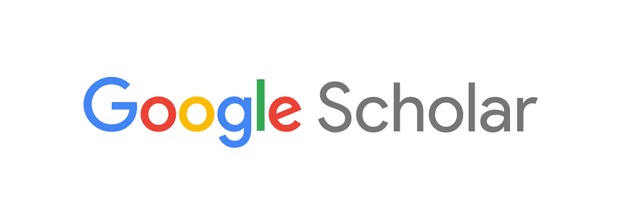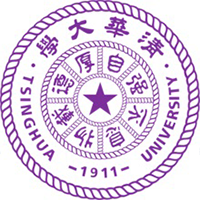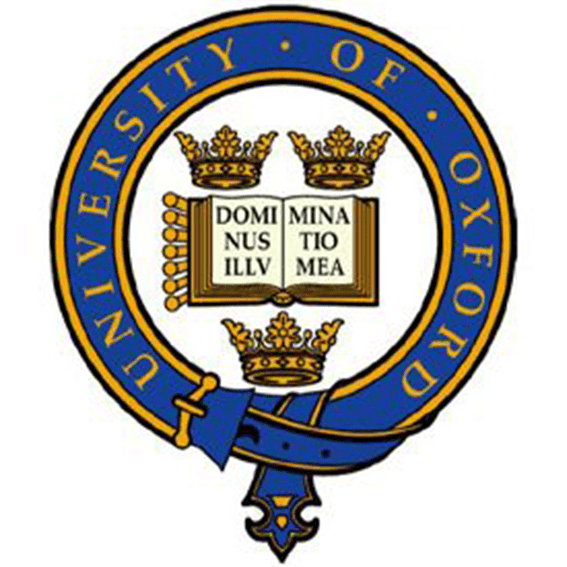Workshop Basic Info
Organizer:
Danubius University from Galati
Chair:
Personal Bio:
Alina Cristina Nuţă is Full Professor Dr. Habil. in Finance at Danubius University of Galati, Romania, with over 18 years of teaching and research experience. She has a double bachelor's degree in Finance and Insurance and in Public Administration and a master's degree in Financial and Banking Management from "Alexandru Ioan Cuza" University of Iasi. She attended the Doctoral School of Economics and Business Administration at "Alexandru Ioan Cuza" University of Iasi defending the thesis entitled "Economic and social implication of fiscal and budgetary policy" in 2009. Starting with 2014, she is coordinating the Open, Online, and Distance Learning Department at Danubius University, Galati. In February 2022, she defended her habilitation thesis at the University of Craiova, Romania, with the title "Scientific contributions regarding fiscal and budgetary stimulus for promoting sustainable and equitable economic growth", receiving the Habilitation Order from the Ministry of Education on June 2022. Her scientific research is carried out in the following fields: Finance, Public finance, Taxation, Public Spending, Fiscal and budgetary policies, Social policy, Green finance, Energy economics, Environmental economics, FinTech, Stock market, Online and Distance learning, and Public economics. During the 18 years of academic career, she was involved in numerous editorial initiatives as editor or member in the international scientific committee for several scientific journals and international conferences, conducting over 500 peer-reviews
Backgroud
The concerns of the states’ governments to generate economic growth at an increasingly intense pace and volume have led to the impairment of the planet's ability to self-regulate and to be able to use resources in a sustainable way. Intergenerational equity is called into question, in the context in which current generations increasingly affect the ability of future generations to use resources in a similar capacity. The main concern to obtain profits, to increase the income of those directly involved must be replaced step by step with a broad analysis of all stakeholders, all those who may be directly or indirectly affected by an activity or an investment. In this sense, concerns about the environment and about increasing the resilience of communities affected by various types of externalities must become the main focus.
Goal/Rationale
According to various studies in the literature, financial development induces economic growth. Access to various financial instruments, a proper financial structure, and a certain efficiency and stability of the country's financial system represent incremental elements that can support not only a nation's economic growth but also its social and economic development. Moreover, the relationship between economic growth and the environmental quality of a country is largely present in the literature. The actual context, however, reclaims a proper calibration of economic and financial politics to target human development. Thus, finance has received increasing attention in the last period. The need for a just transition in the broader context of climate neutrality put finance on a key role in implementing the adjustments needed for the structural change required by the sustainable development approach. In this sense, we must respond to the questions related to the finance capacity to lead the investments in specific areas and projects with enhanced potential for a more sustainable development.
Call for Papers
Scope and Information for Participants
The main goal of the workshop “Finance’s Role in the Just Transition” is to generate an intense exchange of ideas and discuss topics related to the nexus between financia development, financial tools, just transition and human development. The workshop participants are welcome to submit research papers in topics such as financial inclusion, financial innovation, financial development, just transition, digital financial tools, traditional financial tools, sustainable development, human-centered development and other related subjects. The central point revolves around the financial system. It will also create the proper environment for exchanging ideas and discuss good practices regarding fintech development and financial inclusion. Both students and faculty are welcome to participate at the debates. The workshop format will favor debates, creating the premises for future research ideas development.
- financial development
- human development
- ecological footprint
Keywords
Submission
Prospective authors are kindly invited to submit full papers that include title, abstract, introduction, tables, figures, conclusion and references. It is unnecessary to submit an abstract in advance. The deadline for general submission is December 15, 2024. Each paper should be no less than 4 pages. One regular registration can cover a paper of 6 pages, and additional pages will be charged. Please format your paper well according to the conference template below before submission.
Publication
The paper accepted by this workshop will be published in Advances in Economics, Management and Political Sciences (Print ISSN 2754-1169) and will be submitted to Conference Proceedings Citation Index (CPCI), Crossref, Portico, Google Scholar, CNKI, and other databases for indexing. The situation may be affected by factors among databases like processing time, workflow, policy, etc.
* The papers will be exported to production and publication on a regular basis. Early-registered papers are expected to be published online earlier.
Participation
Poster
Besides the onsite meeting, this workshop also holds a poster session which allow for a larger number of authors to share their research. The poster session will provide an opportunity for researchers to present their work in a visual and interactive way, allowing for more engagement and discussion with other attendees. Authors of qualified papers will be invited to present their works with digital posters. We believe that this online poster session will still be a great platform for participants to share, discuss, and cooperate. All accepted authors will receive an invitation email to present a poster at this workshop. Please note that all poster presenters must submit the poster before December 15, 2024.
Guidelines for Poster Presentation
- Poster presentations must be prepared using the template provided:
*Poster layout template for poster presentation (download)*Poster layout background (download)
- Posters should generally be in A1 size (width: 594mm x height: 841mm) and include the
followings:
Title, author and co-author names, and the affiliation(s) information.
Body parts, including "Abstract", "Introduction", "Methods", "Results", "Discussion" and "Conclusions".
- Presenters are suggested to set the font size properly and avoid placing anything at the margin part of the poster as it will be difficult to view.
- Posters should be well illustrated. All the pictures used should be high quality and with high resolution.
- All the posters will be displayed online on the official website. Each poster will have both a small thumbnail and a full-size version.
- Posters will be displayed during the online session. After the presentation is over, the full-size version of all posters will become invisible. But thumbnails still can be seen on the website.
(You can refer to the instructions for more detailed information. Additional presentation guidelines may be announced by workshop committees.)
Venue
*Since the seats are limited, if you would like to attend the workshop, please contact ws-edinburgh@icllcd.org.in advance
Faculty of Economics and Business Administration, Danubius University from Galati, Bulevardul Galati 3, Galati 800654, Romania

Visa
Welcome to Acasa (mae.ro)
Officials who hold diplomatic, service and official passports, as well as their family members, who travel to Romania for official purposes, can directly contact the chosen diplomatic mission/consular post of Romania. The contact details of the diplomatic missions and consular posts of Romania can be consulted here. It is highly recommended that visa applications be lodged at least 2 weeks before the estimated date of departure and not more than 3 months before that date. The date from which the period of taking a decision upon a visa application is the date when the visa applicant presents oneself at the diplomatic mission/consular post of Romania.
Before you begin
In order to be able to apply online you must:
If you wish to print or save a copy of your application you must have access to Acrobat Reader or other similar.pdf readers.
Attachments
It is advisable that your supporting documents be translated into Romanian or English by an authorized translator. All documents you submit must be legible. All attached documents must be presented in original and copy when you visit the Romanian diplomatic mission / consular post.
How it works
The visa application consists of a number of fields which you have to fill in. Note that you cannot use the "back" and "forward" buttons from your browser (e.g., Internet Explorer). Use only the buttons in the electronic form to move forward and backward between pages. Visa applications can be lodged only individually. In case more people travel together, each person must apply for an individual visa. In addition, please note that individual visa applications must be lodged for people included in the same travel document (e.g.: underage children included in the parents' travel documents). If you started registering an electronic application file it is possible to interrupt the application process and save it. You can resume the registration and continue filling in the application at a later stage. An application saved temporarily is stored for 30 days. When your visa application is decided upon, you will receive a notification by e-mail to the address you supplied when you started your application.











